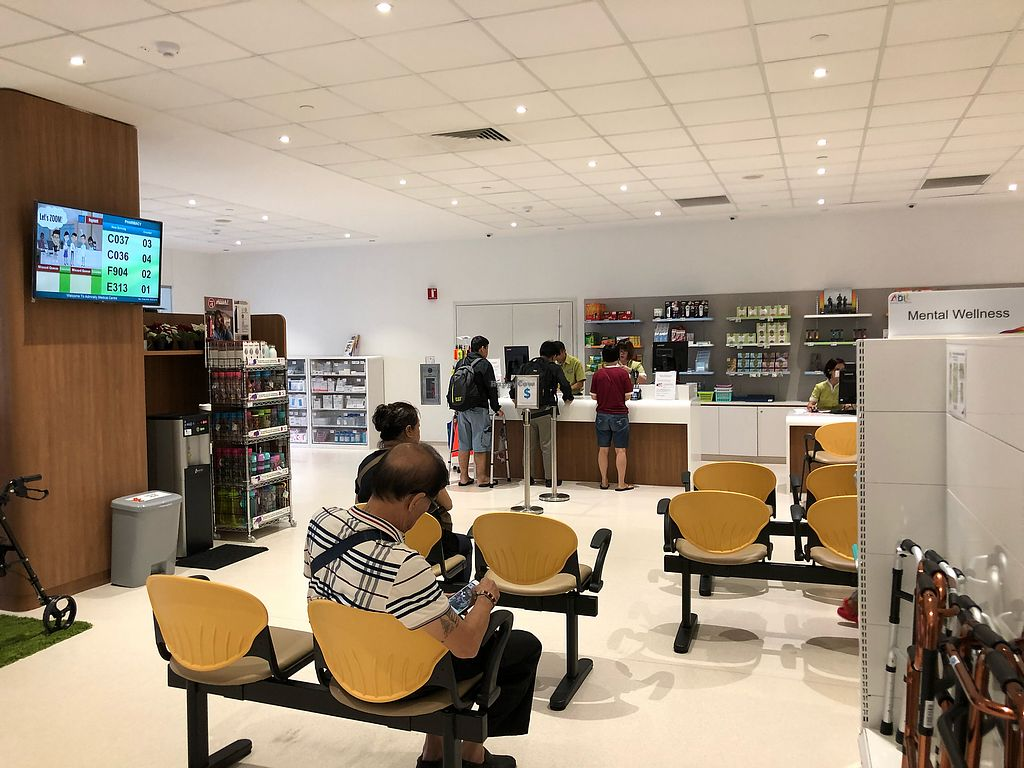A recent Federal Court decision of His Honour Farrell J in Choice Pharmacy Vincentia Pty Ltd v Australian Community Pharmacy Authority would appear to make applications under Rule 136 even more difficult and in certain situations impossible.
The case was an appeal against a decision of the Australian Community Pharmacy Authority (ACPA) in June 2017 to recommend that an application made by Vincentia MC Pharmacy Pty Ltd pursuant to Rule 136 to recommend to the Secretary that its application be approved.
The basis of the appeal by Choice Pharmacy was that the decision of the ACPA was not authorised as the Application did not meet the requirements of the Rule 136 definition of “large medical centre” and in particular that the medical centre did not satisfy the requirement that it “operates for at least 70 hours each week”.
The Court considered the meaning of the words “at least 70 hours each week”. Submissions were made by both sides as to the legislative history of the definition of “large medical centre” and the various amendments over the years.
The Court considered the Explanatory Statement to the 2009 Rules which noted that “The intention of having a pharmacy in a large medical centre is primarily to meet the needs of medical centre patients irrespective of the hours that the medical centre operates……..general practice services must be provided at the medical centre for [at] least 70 hours each week”.
Ultimately the Court was of the view that the meaning to be attributed to “at least 70 hours each week” is a “requirement that the ordinary and habitual hours in which the medical centre operates and a prescribing medical practitioner will be in attendance are at least 70 hours in each consecutive period of seven days”.
In practical terms the effect of this decision will be that the long understood position of the ACPA to exclude public holidays from the calculation of the 70 hours is no longer tenable which means that where a public holiday occurs in any week the medical centre will have to show that it has made up the additional hours in the remainder of the week or that the medical practice will have to open and operate on those public holidays. It is submitted that in the current environment many surgeries are unlikely to incur the additional costs associated with either alternative and may look to the pharmacist applicant to subsidise those costs in order to support the application.
Another issue which also arose was the period of time required for the surgery to comply with this requirement as there is nothing in Item 136 of the Rules which specifies for what period the medical centre must meet the test.
If it is accepted that this period will cover the 2 months before the application is lodged and 2 months before the application is considered by the ACPA then a cursory look at the list of public holidays for 2020 in Queensland indicates that there is no two consecutive month periods where there is not a public holiday.
In light of this decision it may be useful if you are considering an application under Rule 136 to consider when your application is to be heard and if there are any public holidays near that date you may well need to discuss this matter with the medical centre to address the issue.
– Maurice Hannan a qualified pharmacist and director of Bennett & Philp Lawyers who practices in the Health Law area and can be contacted on 07 3001 2974













